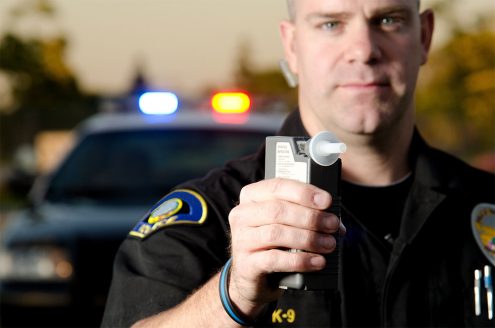A Columbus OVI/DUI attorney should be able to discuss with you not just the facts of your case, but also the potential impact of an OVI/DUI conviction on your job, career or life.
I had to take a chemical test, what does this mean?
In Ohio, you can be charged with an additional offense of operating a vehicle with a prohibited concentration of alcohol and/or drugs in your system. Typically the substances which may be tested include blood, breath or urine. Ohio further distinguishes between a high concentration (or Tier) offense and a low concentration (Tier) offense. A low tier offense is defined as any blood or breath test with the result of .08% or higher but less than .17%. A low tier urine test as is defined as a result of at least .11 grams but less than .238 g. A high tier test is anything above a .17% for a breath or blood test, and in a urine test, a high test is defined as anything .238 g or above.
FAILED CHEMICAL TEST (Test over the legal limit)
- FIRST FAILED TEST
- 90-day license suspension with optional limited driving privileges after 15 days.
- SECOND FAILED TEST
- One-year license suspension with optional limited driving privileges after 45 days.
- On either a first or second failed test, interlock and yellow plates are optional and can be ordered by the court.
- THIRD FAILED CHEMICAL TEST
- Two-year suspension with optional limited driving privileges after 180 days. Yellow license plates are optional, but interlock is required as a condition of driving privileges if the OVI was alcohol related.
- FOUR OR MORE FAILED CHEMICAL TEST
- Three years license expansion with no limited driving privileges.




